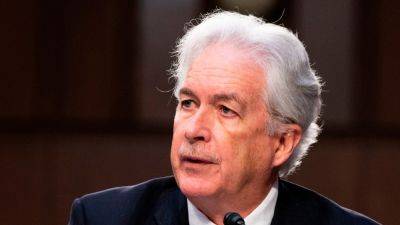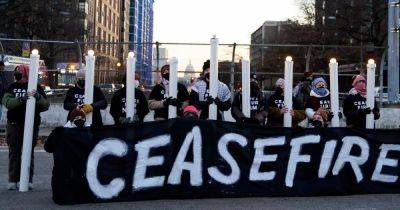As Utility Bills Rise, Low-Income Americans Struggle for Access to Clean Energy
Cindy Camp is one of many Americans facing rising utility costs. Ms. Camp, who lives in Baltimore with three family members, said her gas and electric bills kept “going up and up” — reaching as high as $900 a month. Her family has tried to use less hot water by doing fewer loads of laundry, and she now eats more fast food to save on grocery bills.
Ms. Camp would like to save money on energy bills by transitioning to more energy-efficient appliances like a heat pump and solar panels. But she simply cannot afford it.
“It’s a struggle for me to even maintain food,” Ms. Camp said.
Power bills have been rising nationwide, and in Baltimore, electricity rates have increased almost 30 percent over the last decade, according to data from the Bureau of Labor Statistics. While clean energy systems and more efficient appliances could help low-income households mitigate some of those increases, many face barriers trying to gain access to those products.
Low-income households have been slower to adopt clean energy because they often lack sufficient savings or have low credit scores, which can impede their ability to finance projects. Some have also found it difficult to navigate federal and state programs that would make installations more affordable, and many are renters who cannot make upgrades themselves.
Energy costs have traditionally been a bigger burden for low-income households, which typically spend a far larger percentage of their gross income on utility bills than higher-earning households,according to the Energy Department. Many also live in older, less efficient homes, which can lead to more expensive utility bills. In 2020, 34 million U.S. households, or 27 percent of all households, reported difficulty paying their energy







